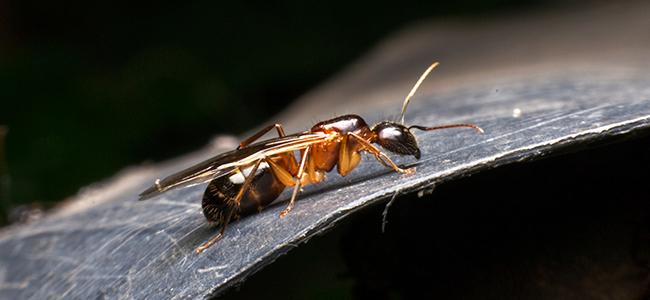
Washington D.C.'s Complete Guide To Odorous House Ant Control
09/03/2021
If ants are making their way around your Washington D.C. home, they can bring a variety of problems to you and your family. However, if it’s ...
READ MORE >
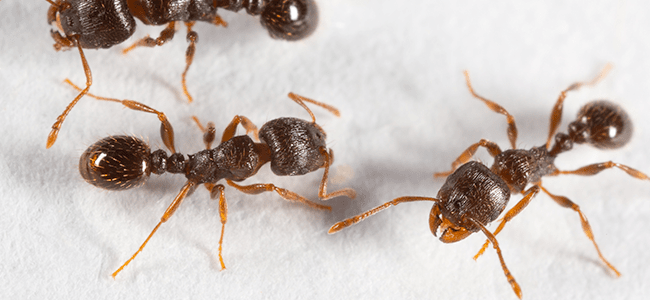
Pavements ants are mostly considered nuisance pests. While they have a stinger, they rarely sting people, and a sting from a pavement is generally too weak to penetrate the skin. For those who are sensitive, a bite from a pavement ant can cause skin irritation or a rash. These ants are not venomous and their bites are not medically important.
If pavement ants come into your home, they can present a small health concern. These ants can crawl around in your trash and then climb on food prep surfaces, dishes, silverware, and get into stored foods. When they do this, they can spread harmful bacteria like salmonella.
Salmonella is a nasty bacterium that thrives in the intestinal tracts of animals and humans and can cause food poisoning. The resulting illness can range from mild to very serious infections that can kill vulnerable people. Most salmonella infections can be classified as stomach flu and signs and symptoms may include nausea, vomiting, abdominal cramps, diarrhea, fever, chills, headache, and blood in the stool. These symptoms generally last 2 to 7 days, and diarrhea can last up to 10 days. Furthermore, it can take several months before bowel function returns to normal.
Most of the time, the problem these ants present is the unsightly way they can completely cover a dropped potato chip or mob the food in a pet dish. They do not present serious issues like carpenter ants or imported fire ants.
A worker ant of this species measures around ⅛ - 1/16 of an inch long and can be dark brown or black, with parallel lines on its head and thorax and pale legs and antennae. If you're able to capture one of these ants with a piece of tape and examine it up close, look to see if it have two nodes between the thorax and abdomen.
Flying ants of this species are about twice the size of the workers. They also have a lined head and thorax. Spines are evident on winged females but are absent on the males. Flying ants usually swarm in spring but have been known to emerge any time of the year if they have established themselves inside heated structures. Once flying ants mate, they shed their wings, and the queen moves into her new home and begins laying eggs. New worker ants will develop over a 2 to 3 month period.
One of the best ways to identify pavements ants is to look where they prefer to build their colonies and forage. Most colonies are established underneath sidewalks, building slabs, and large rocks. But they often enter into buildings through foundation cracks or cracks in interior slabs. If you see sand piles and small soil particles in structures near cracks in concrete slabs, this is indicative of ants that have invaded and pushed out this material from excavated nests. And pavement ants have the ability to multiply quickly. In some species, one ant queen can lay hundreds of thousands of eggs in a single day! Worker pavement ants can live for up to 5 years, with queens living much longer.
While there are several DIY products available that promise to help you eliminate ants, these products are mostly ineffective and they can actually make your problem worse. The biggest problem with DIY ant control is that many ant control products, like insecticide spray, are often misapplied (which can result in harm to people or pets). And these sprays do nothing to solve the root of an ant infestation. Because of this, reintestation is likely to occur again and again.
The most effective way to solve a pavement ant issue to reach out to a trusted pest control professional. If you live in the DC area, The professionals here at American Pest can help you eliminate your pavement ant problem. Our QualityPro Certified team of experienced technicians applies established pest management protocols and EPA approved products to target and eliminate ant colonies so those ants will stop getting into your home. We take care of ant infestations at the root and stop the cycle of reinfestation. It all starts with a free estimate. Give us a call today to learn more about our residential pest control options.

09/03/2021
If ants are making their way around your Washington D.C. home, they can bring a variety of problems to you and your family. However, if it’s ...
READ MORE >
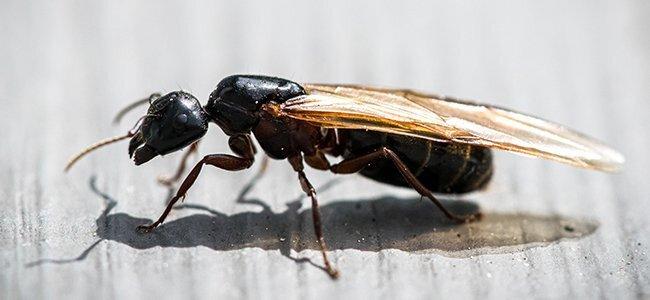
07/21/2021
When ants go on the march, nothing can stand in their way — not even your D.C. property. There are at least 700 different species of ants r...
READ MORE >
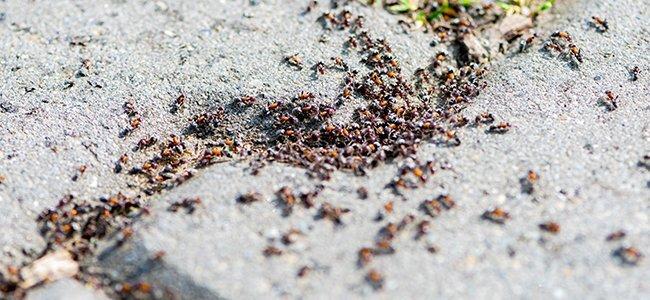
05/20/2021
If you are finding more pavement ants on your property than you want to, you need to know the trick to effective pavement ant control for Virginia ...
READ MORE >
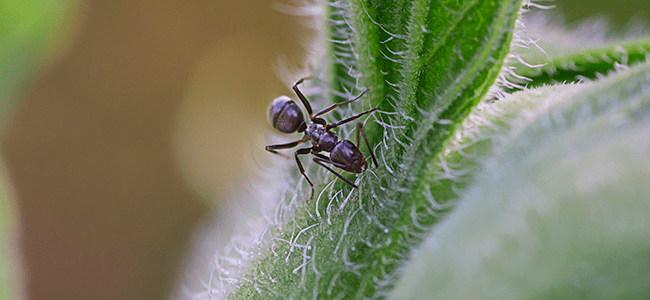
04/30/2021
If you’ve ever had ants get into your house, you know how annoying it can be. There’s no such thing as seeing just one ant in your hous...
READ MORE >

Protect your home and family from nuisance and potentially damaging pests with a Preferred Care home pest control plan. Starting at $49/month

Don't let the bed bugs bite a second longer. Contact American Pest for the most comprehensive bed bug control in the industry. Learn More

Our certified rodent control pros will put an end to your frustration by getting rid of rats and mice inside your home. Learn More

Say goodbye to wood-destroying termites in your home when you contact American Pest for expert termite control. Learn More

Trust American Pest to deliver professional backyard tick control services that are guaranteed to get results. Learn More

Don't spend the warm-weather season indoors, find out how American Pest's professional treatments get rid of mosquitoes. Learn More
Fill out the form and recieve feedback in less than 5 minutes. For immediate service please call.